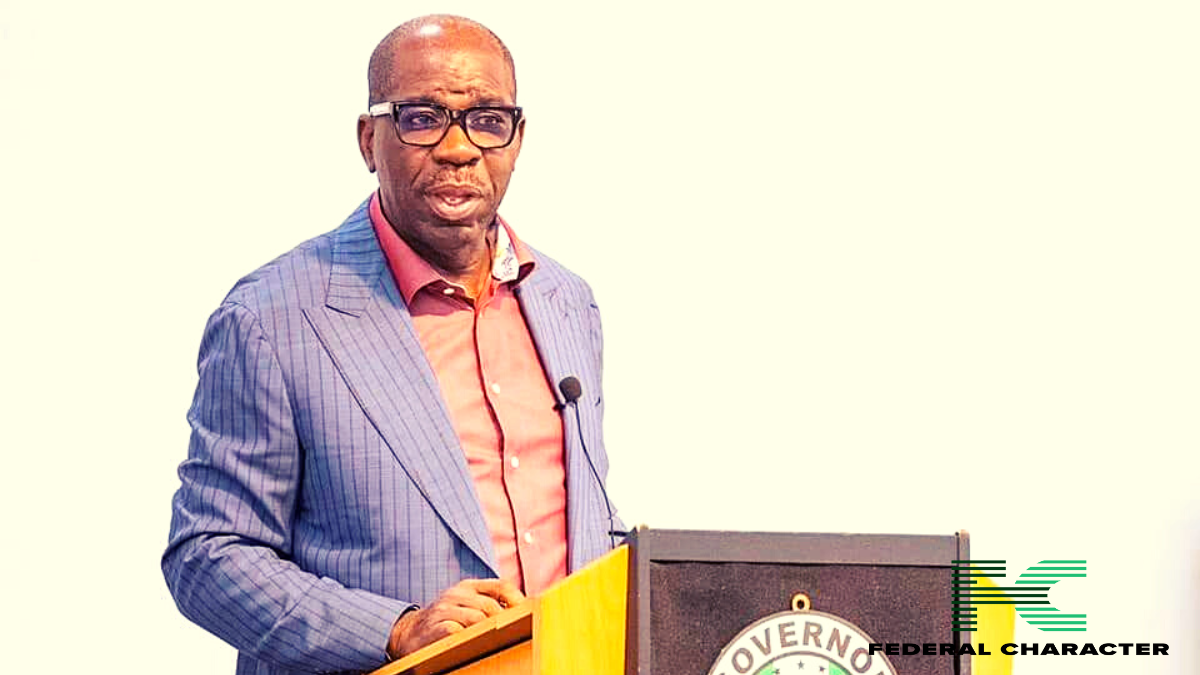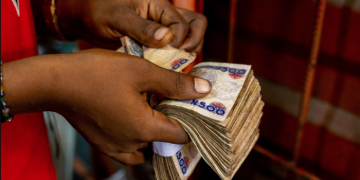The Minister of Women Affairs, Uju Kennedy-Ohanenye, has officially withdrawn the lawsuit she filed against Abdulmalik Sarkindaji, the Speaker of the Niger State House of Assembly, as regards to his decision to marry off 100 orphans from his constituency.
According to news reporters, Minister Kennedy-Ohanenye said that the Ministry, in partnership with the Speaker and traditional rulers from Niger State, are presently substantiating the ages of the girls involved to make sure they were up to the legal age requirements for marriage.

She also emphasized that the Ministry’s main focus will now shift towards empowering young girls and addressing the needs of those affected by insecurity in the state.
This marriage controversy began last week when Speaker Sarkindaji announced his plans to marry off 100 orphans, tabling it as a measure to diminish their suffering.
However, this announcement led to widespread national outrage and forced Kennedy-Ohanenye to file a suit and petition the Inspector General of Police.
But the Muslim Rights Concern (MURIC) in Kano State led by Chairman Malam Hassan Indabawa, had heavily criticized the Minister’s actions.
Indabawa had in strong words, urged Kennedy-Ohanenye to withdraw her litigation, stressing the need for Nigerians to respect cultural and traditional practices.
Indabawa who had issued a statement on Thursday night had condemned the Minister’s decision, tagging it ‘harsh and hasty’ and arguing that it was outside the jurisdiction of her ministry.
He also accused Kennedy-Ohanenye of attempting to demonize a cultural practice and misrepresenting the Speaker’s intentions.
Indabawa also alleged that the Minister’s media campaign against the marriage was an attempt to disparage Sarkindaji, who was acting out of genuine concern for his constituents, a lot of whom are traumatized orphans due to banditry and insurgency.
This planned marriage ceremony is slated to hold on on May 24, 2024.
What This Means
Kennedy-Ohanenye’s lawsuit withdrawal against the Speaker of the Niger State House of Assembly, Abdulmalik Sarkindaji, raises several critical issues that warrant deeper examination.
Firstly, the decision to withdraw the suit is a disappointing retreat from a crucial legal and moral stance. The Minister had initially taken a commendable step in challenging a practice that potentially undermines the rights and welfare of young girls. By withdrawing the lawsuit, the Ministry is sending a mixed message about its commitment to protecting vulnerable children from premature marriages.
Secondly, the collaboration with the Speaker and traditional rulers to verify the ages of the girls involved is a commendable step in the right direction, but it fails to address the broader issue. The focus should not only be on age verification but on the principle that forced or arranged marriages, regardless of age, can have long-lasting negative impacts on the lives of these girls. This approach seems to place more importance on appeasing traditional leaders and cultural practices than on safeguarding children’s rights.
Finally, the backlash from the Muslim Rights Concern (MURIC) and local leaders underscores the significant cultural resistance to external intervention. The accusation that the Minister was demonizing cultural practices is particularly troubling, as it shifts the focus away from the welfare of the children to a defense of potentially harmful traditions.
Bottom Line
The lawsuit withdrawal represents a missed opportunity to take a firm stand against child marriage and to advance the rights of girls in Nigeria. The Ministry of Women Affairs must demonstrate an unwavering commitment to child protection at this crucial time and not shy away from challenging cultural norms that harm children.
In essence, this situation calls for decisive action and clear messaging that the welfare of children is paramount, above any cultural or traditional practices.

















